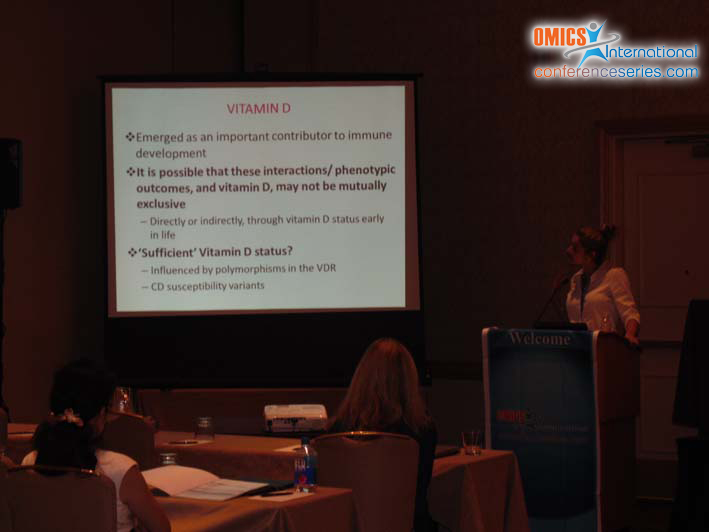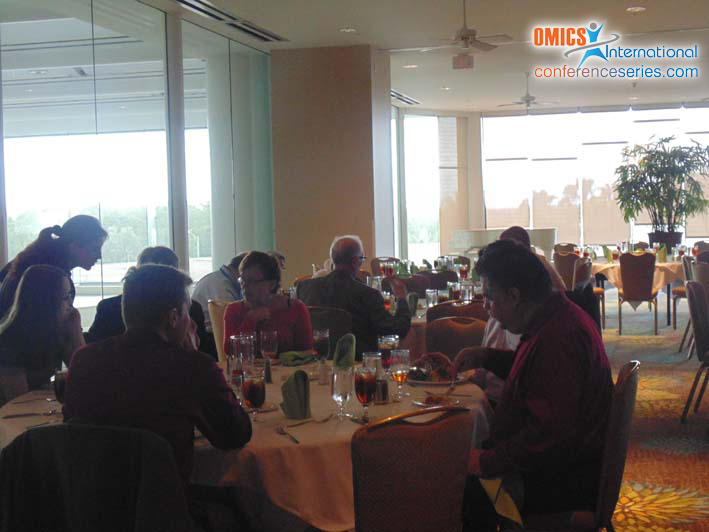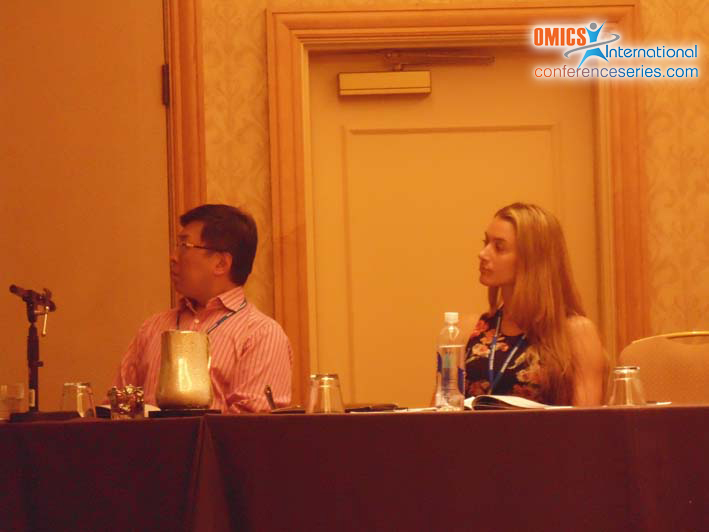
Pavel Vodicka
Institute of experimental medicine,
Czech Republic
Title: Sporadic colorectal cancer: From genetic make-up to complex phenotypic measurement, from risk determination to prognostic markers
Biography
Biography: Pavel Vodicka
Abstract
Colorectal carcinogenesis (CRC), as a complex process, involves a plethora of events resulting in both genomic and chromosomal instabilities. Th e theories underlying carcinogenic process point out either the role of somatic mutation or the surrounding microenvironment. However, neither of them explains all features of cancer. Uncontrolled proliferation and genomic instability point to the DNA repair and DNA damage response are the key players. In the present study, we will overview several biomarkers in mapping heterogenous complex CRC disease and providing prognostic information. Variants in genes involved in several important pathways, such as DNA repair, cell cycle control, folate metabolism and methylation, insulin resistance and obesity, ABC transporters, selenoprotein genes, genes involved in infl ammatory/immune response have shown various degree of association with CRC risk. We also present the data on mutations in high risk genes involved in colorectal carcinogenesis. Gene expression levels were determined in relevant pathways and complemented with other important parameters, such as epigenetic regulators of transcription by methylation. Additionally, the role of post-transcriptional regulation via miRNA or lncRNA was investigated in relation to the risk of CRC and the effi cacy of chemotherapy. We have discovered several genetic and epigenetic markers aff ecting independently the prognosis of CRC. Functional DNA repair tests (complex phenotype) have been implemented as markers of individual susceptibility to sporadic CRC and its prognosis. An application of the whole set of various biomarkers, covering genetic, epigenetic and functional aspects is inevitable to defi ne the phenotypic landscape of the disease and to delineate the individual response to the therapy.



